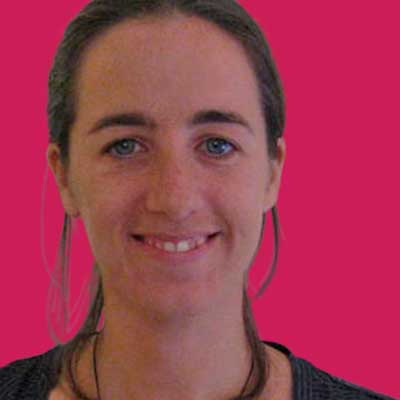Summary: this is a simple idea that you can vary in so many ways, and practise lots of different concepts and ideas at the same time
Set-up: 5-10 mins to write your lists
Play: 30 mins – an hour, then swap lists and start again
Complexity: Adjust to suit your child’s ability
Materials
- Paper for writing lists
- A basket or bag to collect items
What to do
Give your child a scavenger hunt list and send them off to find as many things as they can on the list. Here are some ideas:
A scavenger hunt for toddlers: Collect as many red / soft / round things as you can. Or you can hide all their teddies in different places for them to find.
A colour scavenger hunt: Find something red, find something light blue/green/yellow/maroon/cerise or Find a vegetable that is red, a truck that is yellow, a green brick etc. Write the colour words in coloured pen to support younger children to “read” their list.
A shape scavenger hunt: Find something long, find a triangle, find a cylinder etc.
A texture scavenger hunt: Find something very soft/ woolly / hairy / smooth / jagged / sharp/ bumpy/ lacy / velvety / wooden / sticky…
A book scavenger hunt: Find an animal in a book/ someone helping someone / a character eating / a superhero / a bike / an exclamation mark / a speech bubble / the word “spring” / a page that makes you laugh / a scary character etc.
A mathematics scavenger hunt: Find collections of objects such as 3 crayons/ 5 animals / 2 coins. Or practise addition and subtraction: Find 3 crayons and 2 cars – how many do you have altogether?; Find 8 crackers, eat 4 of them – how many do you have left? Hunt for specific numerals inside the house or outside in the neighbourhood.
A reading skills scavenger hunt: Find something that rhymes with “cat” / that begins with “sh” / that contains the “oo” sound / that has the same initial sound as your name etc. Give younger children a letter sound and ask them to find as many things as they can that begin or end with their given sound. Or try to find every letter of the alphabet on signs when out on a walk – record your finds with a camera (how will your child know when they have found them all? Can they devise a system for checking?).
An inventor’s scavenger hunt: Find something that bends / that is metal / that is bumpy / that turns / find three things that are round / something that can be put together / that is shiny / that rolls / find four tubes / that can bounce / that is sticky / that you can see through. Challenge your child to make something with these things after they’ve found them.
A secret code scavenger hunt: First set up your secret code. Write the alphabet on a piece of paper, and label each letter with a number. Then write your words (for example, plaster, orange, brick, tube, crayon etc.) in numbers for your child to decode. Or write your words backwards, and have your child use a mirror to read them.
Extensions
Try creating a treasure hunt – where each clue leads your child to another, until they finally reach the “treasure” (this can be a favourite toy, a bowl of popcorn or a tray of biscuits). You can make the clues as simple or as complex as you like: picture cues, simple phonetic words like “bed”, “cat”, or “tree” for early readers, riddles for older children such as “I hold something hot, Mum drinks in her favourite spot”, or written in the alphabet code as in the secret code scavenger hunt. Older children can try creating their own treasure hunts, which is quite a complex activity. There might be a bit of trial and error involved as children work out how to ensure the clues are in the right order for the treasure hunt to work!

